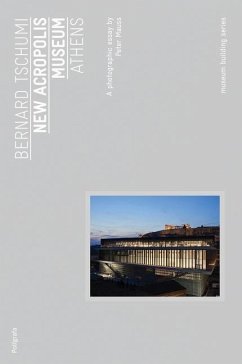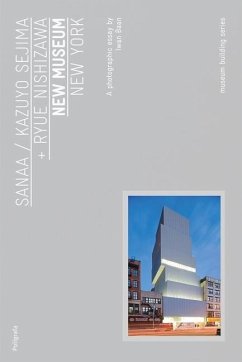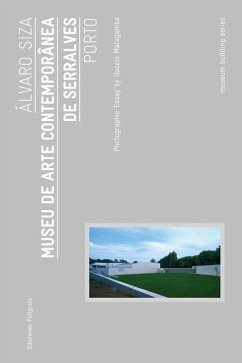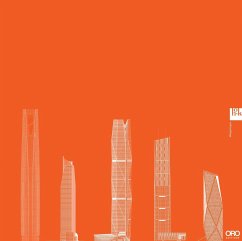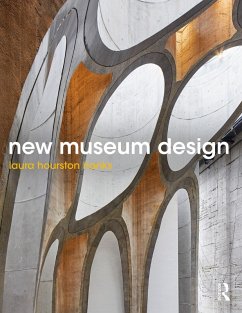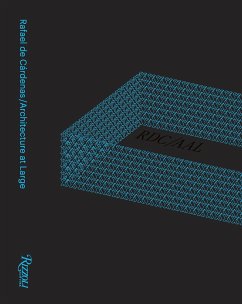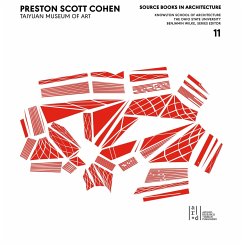Nicht lieferbar
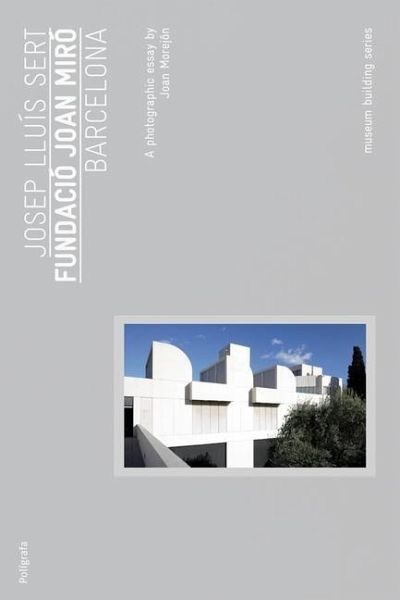
Josep Lluís Sert: Joan Miró Foundation
Museum Buliding Guides
Fotograf: Morejón, Joan
Versandkostenfrei!
Nicht lieferbar
The Joan Miró Foundation opened in 1975, becoming Barcelona's first public institution to focus entirely on contemporary art. The architect Josep Lluís Sert designed the Foundation's building with clean, airy white shapes of curves and corners and multiple skylights, creating a decidedly Mediterranean-flavored complex arranged around a central patio, with expansive roof terraces above. (Two subsequent expansions to the building were designed by Jaume Freixa, a pupil and longtime colleague of Sert's.) After the first major retrospective of Miró's work occurred in Barcelona in 1968, the artis...
The Joan Miró Foundation opened in 1975, becoming Barcelona's first public institution to focus entirely on contemporary art. The architect Josep Lluís Sert designed the Foundation's building with clean, airy white shapes of curves and corners and multiple skylights, creating a decidedly Mediterranean-flavored complex arranged around a central patio, with expansive roof terraces above. (Two subsequent expansions to the building were designed by Jaume Freixa, a pupil and longtime colleague of Sert's.) After the first major retrospective of Miró's work occurred in Barcelona in 1968, the artist decided to set up a building to make his work and the work of other contemporary artists permanently accessible to the public. To design the foundation's home, he tapped his old friend Sert, a pioneer in the introduction of modern architecture in Catalonia, who had first met Miró in 1932 and worked with him on the Spanish (Republican) Pavilion at the Paris World Fair in 1937. This volume, one of a series of monographs on new museum architecture, provides a careful look at the design of one of Europe's premier art institutions, and includes an interview with the architects responsible for the recent expansions.




